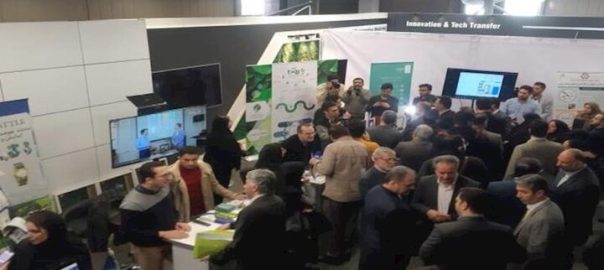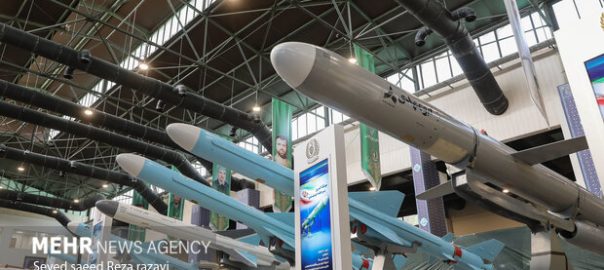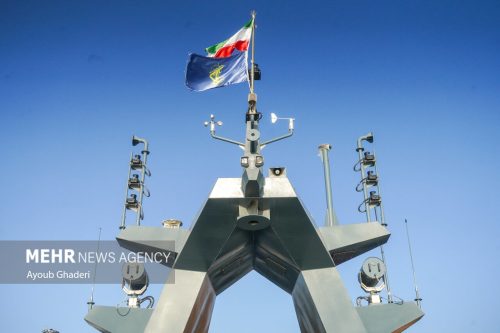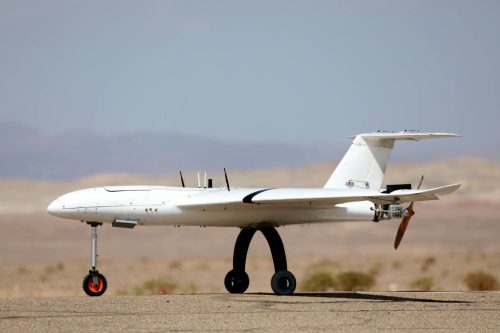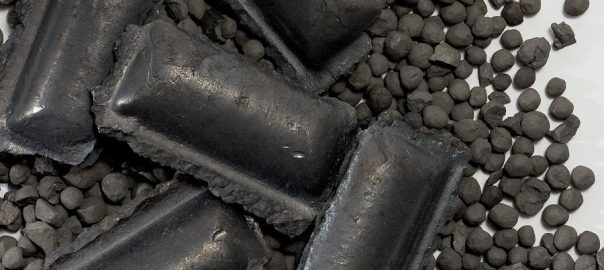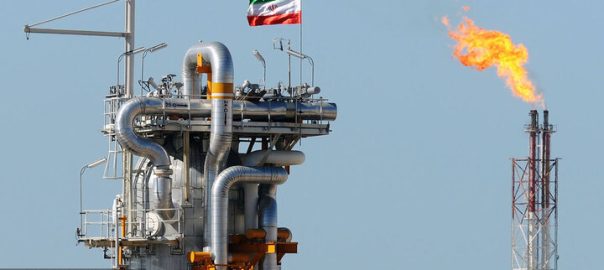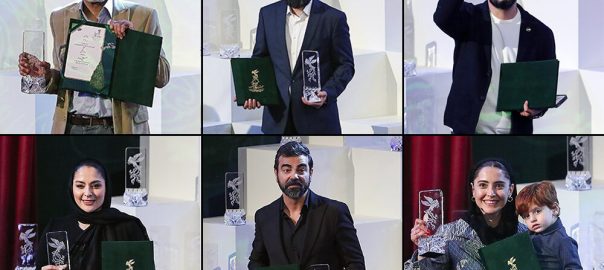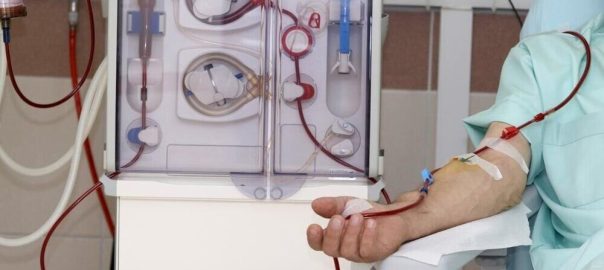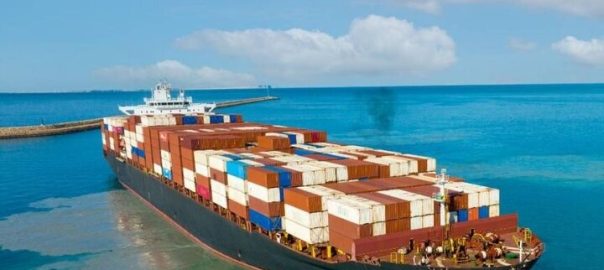A total of 435 Iranian institutions are among 11,989 institutions ranked in Webometrics world ranking 2024. Tehran University is the top among Iranian institutions. Its ranking has improved from 305 in 2023 to 285 in 2024, Mehr news agency reported.
Tehran University of Medical Sciences (445), Shahid Beheshti University of Medical Science (606), Sharif University of Technology (639), Amirkabir University of Technology (792), Iran Science and Technology (890), Isfahan University of Medical Sciences (920), Iran Medical Sciences University (940), Ferdowsi University of Mashhad (940), and Shahid Beheshti University (967) are ranked second to tenth, respectively, in the country.
According to this year’s ranking, 338 other institutions have been ranked between 4,000 to 31,000.
Web or Webometrics is the largest academic ranking of Higher Education Institutions offering every six months an independent, objective, free, open scientific exercise for providing reliable, multidimensional, updated, and useful information about the performance of universities from all over the world.
Cybermetrics laboratory publishes two editions of the “Webometrics” system annually in January and July. Supporting open access, electronic access to scientific publications, and access to other academic resources is one of the first goals of this rating system.
The Ranking Web is not a ranking of the websites of universities. It is a Ranking of Universities. It uses both webometric (all missions) and bibliometric (research mission) indicators
Editors of the Ranking Web are scientists working at one world-class public research institution with long experience in metrics-guided evaluation.
Impact (or visibility), accessibility (or transparency/openness), and excellence (research) are metrics that Webometrics uses to evaluate institutional websites.
The key purpose of Webometrics publishing is not only to rank websites but also to improve web publishing.
The objective is not to evaluate websites, their design or usability, or the popularity of their contents according to the number of visits or visitors. Web indicators are considered as proxies in the correct, comprehensive, deep evaluation of the university’s global performance, taking into account its activities and outputs and their relevance and impact.
Based on the January edition 2024, the top 10 universities in the world have also been introduced. Harvard University, Stanford University, and Massachusetts Institute of Technology are the top three universities, followed by Oxford University, University of Michigan, Berkeley University in California, Cornell University in New York, University Washington, Columbia University in New York from the U.S., and the University of Pennsylvania.
Global rankings
According to the results of the 2023-2024 edition of the University Ranking by Academic Performance (URAP), 71 Iranian institutions were included in the ranking compared to 64 institutions in the 2022-2023 edition.
URAP World Ranking is based on six academic performance indicators including number of articles, citations, total document, scientific productivity, research impact, and international collaboration.
In the academic performance ranking of 71 universities in Iran, Tehran University was ranked first nationally with a global rank of 231, IRNA reported.
Tehran University of Medical Science (277), and Shahid Beheshti University of Medical Science (436) were ranked second and third, respectively.
In the 2023 edition of URAP, the University of Tehran was ranked first nationally with a global rank of 231.
Golestan University of Medical Science (1307), University of Hormozgan, Amol University of Special Modern Technologies, Vali-e-Asr University of Rafsanjan, Ilam University, University of Science and Technology of Mazandaran are institutions that had recently been ranked among the best in the world in the 2023-2024 edition.
The main objective of URAP is to develop a ranking system for world universities based on academic performance indicators that reflect the quality and the quantity of their scholarly publications.
In line with this objective URAP has been annually releasing the World Ranking of Higher Education Institutions since 2010, and Field Rankings since 2011.
The most recent ranking gathered data about 3,000 Higher Education Institutes (HEI) in an effort to rank these organizations by their academic performance. The overall score of each HEI was based upon its performance over several indicators.
Since URAP is an academic performance-based ranking, publications constitute the basis of the ranking methodology. Both quality and quantity of publications and international research collaboration performance are used as indicators.
In December 2023, the Islamic World Science Citation Center (ISC) released a report, ranking 115 governmental and 17 non-governmental universities according to six indices.
Education counts for 30 percent, Research counts for 25 percent, Technology and Innovation counts for 20 percent, International Outlook counts for 10 percent, and Social Services, Infrastructure, and Facilities counts for 5 percent, ISNA quoted the ISC head Ahmad Fazelzadeh as saying.
The universities of Tehran, Fardowsi of Mashhad, Tarbiat Modarres, Shahid Beheshti, and Shiraz were placed first to fifth in the ranking.
The Times Higher Education (THE) World University Rankings 2024 has listed 36 Iranian universities among the world’s top 1,000 institutions, compared with 29 universities in 2023.
The Times Higher Education World University Rankings 2024 include 1,904 universities across 108 countries and regions.
The ranking is based on 18 carefully calibrated performance indicators that measure an institution’s performance across five areas: teaching, research environment, research quality, industry, and international outlook.
Sharif University of Technology ranked first among Iranian universities with a rank in the range of 301-350.
Amirkabir University came next with a rank in the range of 351-400.
The University of Tehran and Iran University of Science and Technology both were in the range of 401-500.
Shahid Beheshti Medical University, Tehran Medical University, and Iran Medical University were in the range of 601-800.
This year’s ranking analyzed over 134 million citations across 16.5 million research publications and included survey responses from 68,402 scholars globally. Overall, it collected 411,789 data points from more than 2,673 institutions that submitted data.
Oxford University was at the top of this ranking for the eighth year in a row.
The highest new entry in this ranking was the Catholic University of Italy, which was ranked 301-350. However, most of the institutions joining the rankings for the first time this year were in Asia.
The United States was the most represented country with 169 institutions, as well as the most represented among the top 200 institutions, with 56 universities.
India, with 91 institutions of higher education, was currently the fourth most represented country and had surpassed China (86).
Four countries entered this ranking for the first time, all of them in Europe. The addition of Kosovo, Bosnia and Herzegovina, North Macedonia, and Armenia was contrary to last year’s trend, which caused these countries to be represented in the ranking of the world’s top universities.
In addition to the 1,904 ranked institutions, an additional 769 universities were listed with “reporter” status, meaning they submitted data but did not meet the eligibility criteria to receive a rank and agreed to appear as reporters in the final table.
The world’s top ten universities in 2024 were as follows:
University of Oxford, Stanford University, Massachusetts Institute of Technology, Harvard University, University of Cambridge, California Institute of Technology, Imperial College London, University of California, Berkeley, and Yale University. /T.T/

